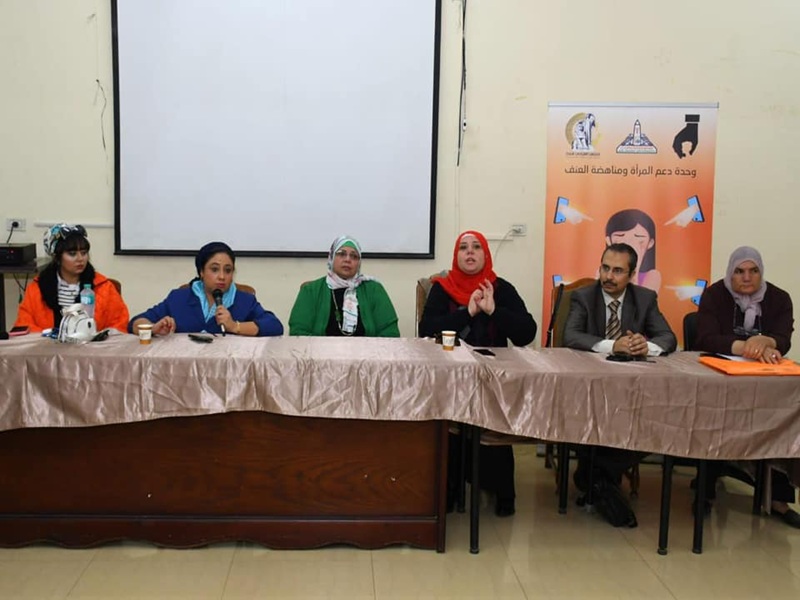An awareness symposium on the dangers of digital violence at the Faculty of Education
The Women's Support and Anti-Violence Unit at Ibn Shams University, in cooperation with the Students for Egypt family at the Faculty of Education, organized an awareness symposium on the dangers of digital violence, as part of the initiative adopted by the unit during the first academic semester 2024/2025, under the auspices of Prof. Mohamed Diaa Zain El-Abedeen, President of the University, Prof. Ghada Farouk, Vice President of the University for Community Service and Environmental Development Affairs, and the supervision of Prof. Safaa Shehata, Acting Dean of the Faculty of Education, and Prof. Hind Al-Hilali, Director of the Women's Support and Anti-Violence Unit at the University.
In her opening speech, Prof. Hind Al-Hilali, Director of the Women's Support and Anti-Violence Unit, praised the keenness of the Education and Student Sector and the Faculty of Education administration to provide seminars that aim to benefit students and university staff, noting that these symposia aim to educate society about the dangers of electronic violence and its negative effects on society.
She also explained that the importance of the "It isn’t Normal" initiative for digital violence comes due to the increase in cases of digital violence, and that the unit is keen to provide assistance and advice to those who request it.
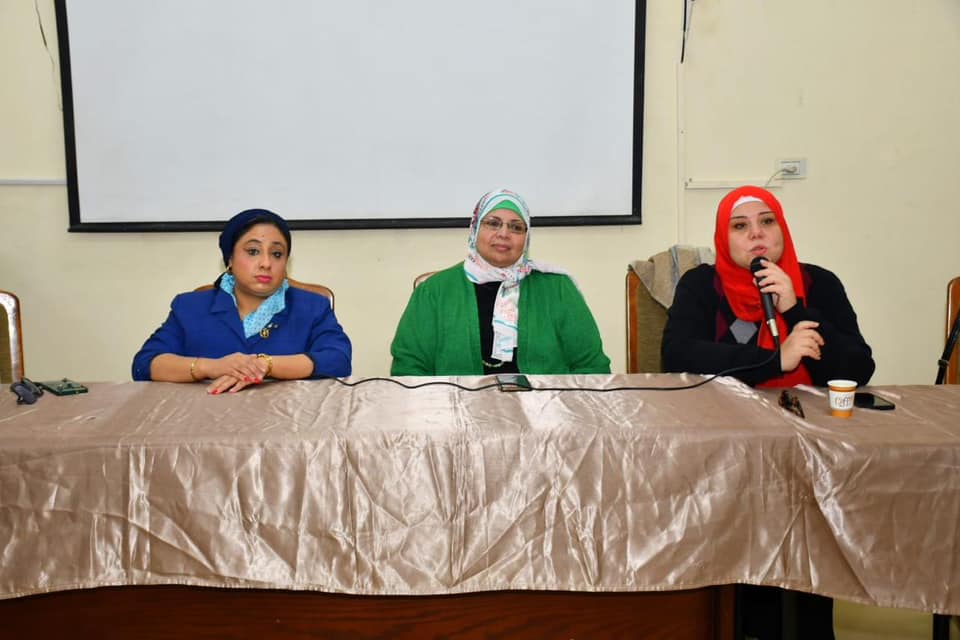 |
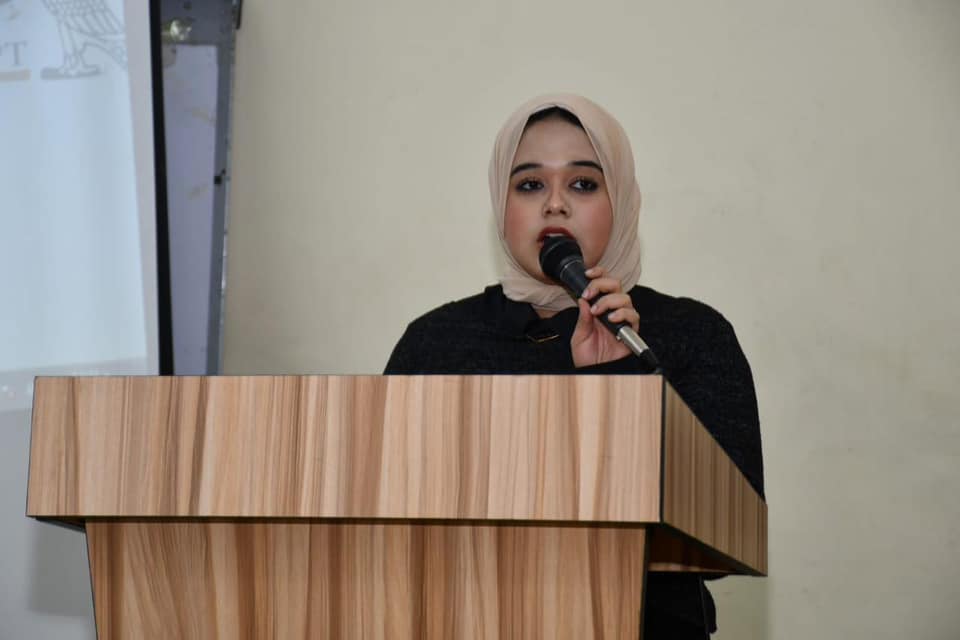 |
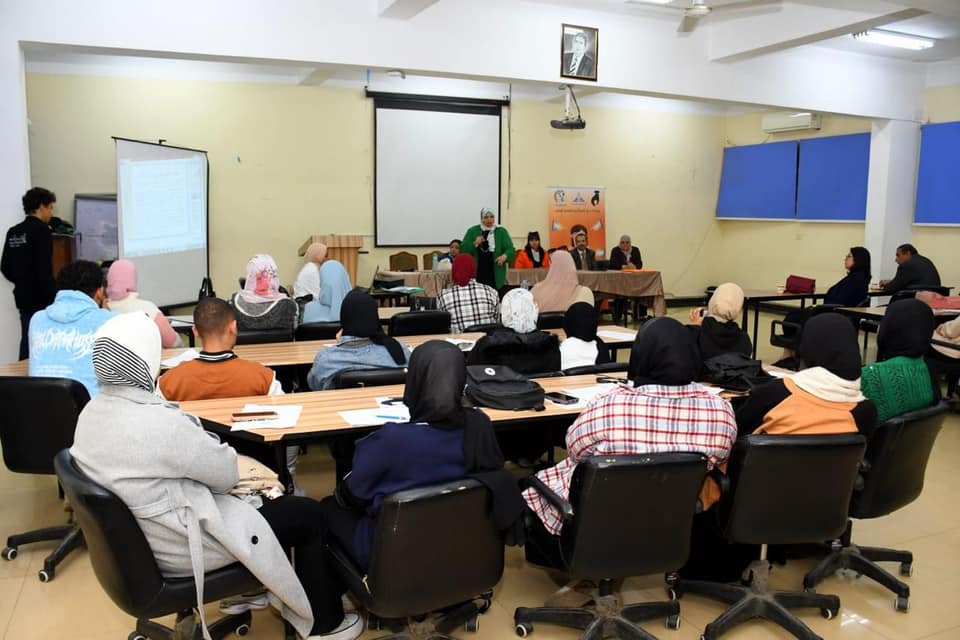 |
||
She added that the symposium aims to introduce students to how to deal with digital violence, and not fall prey to some mentally ill people, and how to use legal means to confront exposure to electronic violence, as well as to introduce the university's efforts and its role in protecting its students, and in the event of digital violence against someone outside the university, the available hotline can be contacted to deal with these electronic crimes.
She stressed the keenness of the university's leaders to protect their children, and pointed out that Egypt has been a pioneer in the strategy of confronting violence and empowering women since 2014, as it was exposed to laws on female circumcision, underage marriage, and other laws that protect women.
She added that the unit provides women with many services that qualify them to defend and rely on themselves, as well as to carry out some development projects that make them directly self-reliant. The unit also works to develop women's training capabilities and psychologically qualify them to deal with family and societal pressures in a correct manner.
Prof. Sohair Safwat, Professor of Sociology at the Faculty of Education, stressed the need for women to be careful when using social media and to use many measures to confront any digital violence they may be exposed to, noting that electronic violence transcends time and space boundaries.
She reviewed the types of violence that women are exposed to, the social aspects that women face when dealing with electronic violence or bullying, the extent of its impact on their psychology, and how to confront it in an appropriate manner by documenting conversations that include acts of violence, and calling the National Council for Women's hotline on 15115.
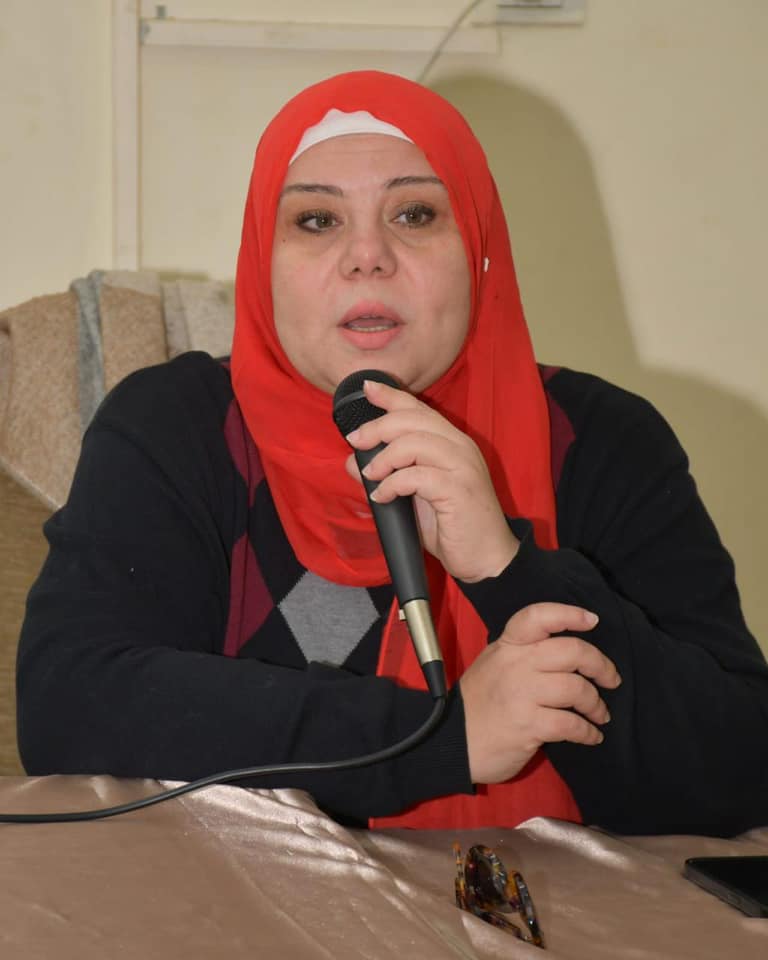 |
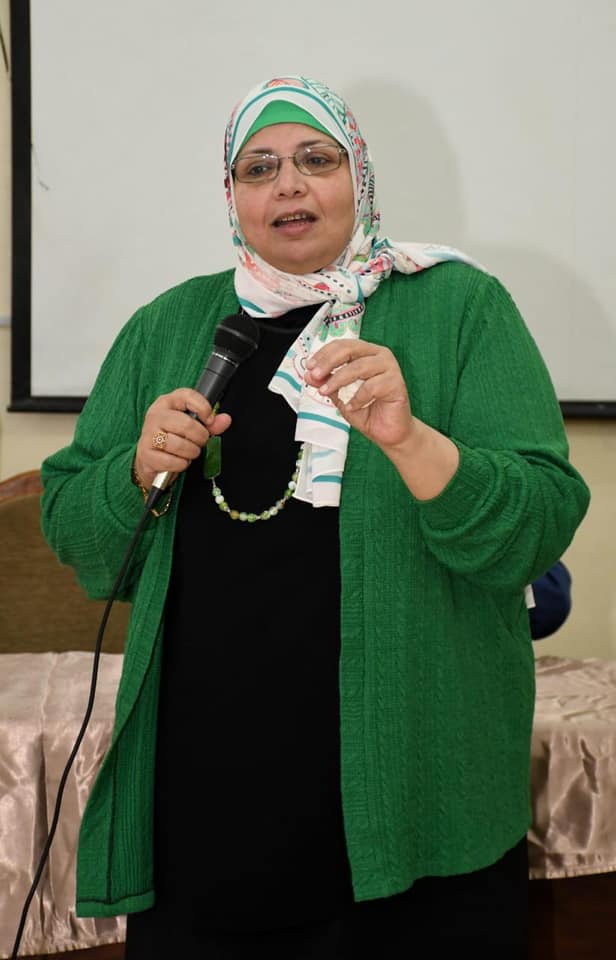 |
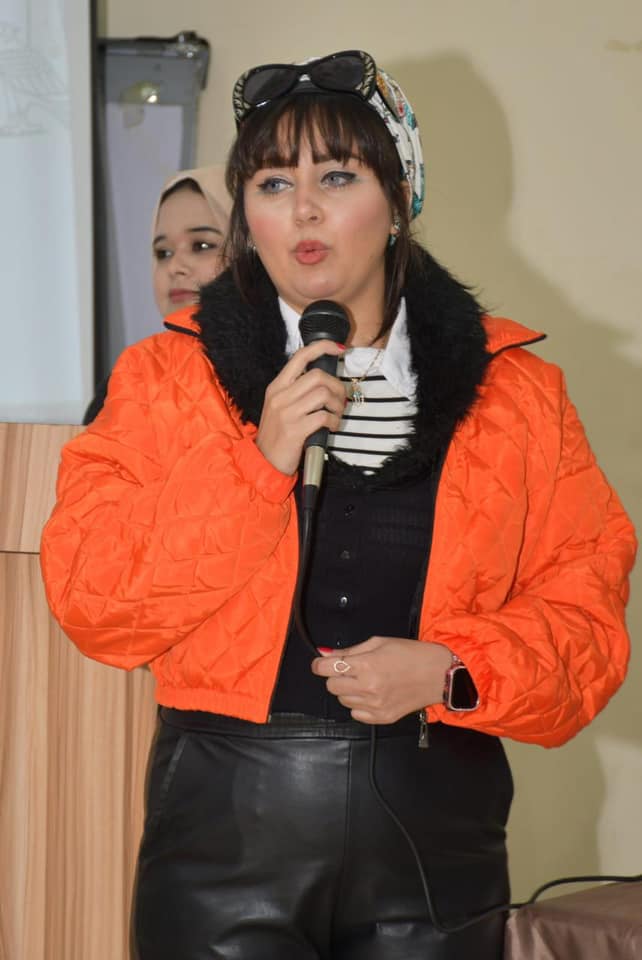 |
||
Dr. Yousra Shaaban, a law lecturer, also indicated that Egyptian law has found many solutions to confront violence against women, addressing digital violence against women and the forms of electronic crimes that these laws deal with, as well as cyberbullying, noting that 58% of women have been exposed to cyberbullying during the past period.
She also referred to Law 175 of 2018, which stipulates imprisonment and a fine in the event of incitement to violence, and the Egyptian Penal Code, which protects women from rape, bullying and violence.
Engineer Ahmed Mustafa, Communications Engineer at the Egyptian National Media Authority for Cybersecurity, also pointed out that it means preventing unauthorized access to information, changing it, destroying it or blackmailing its owner, through it, as cyberattacks work through spying, obtaining information, obtaining money, or requesting a return of data, or in exchange for control, stressing that publishing private photos on social media is not a mistake, but a danger, as artificial intelligence programs are today capable of creating fabricated images and videos that can destroy the Egyptian family if used incorrectly by Internet hackers.
He also explained the meaning of algorithms, how they work, and the appearance of ads according to the user's interests, as well as the powers that we agree to by entering a site, and we do not realize their impact, and reviewed the phishing virus, and the fraudulent links that are sent with a link attached, which is a time bomb that allows its sender to completely hack the device, warning against opening those links.


.svg)
